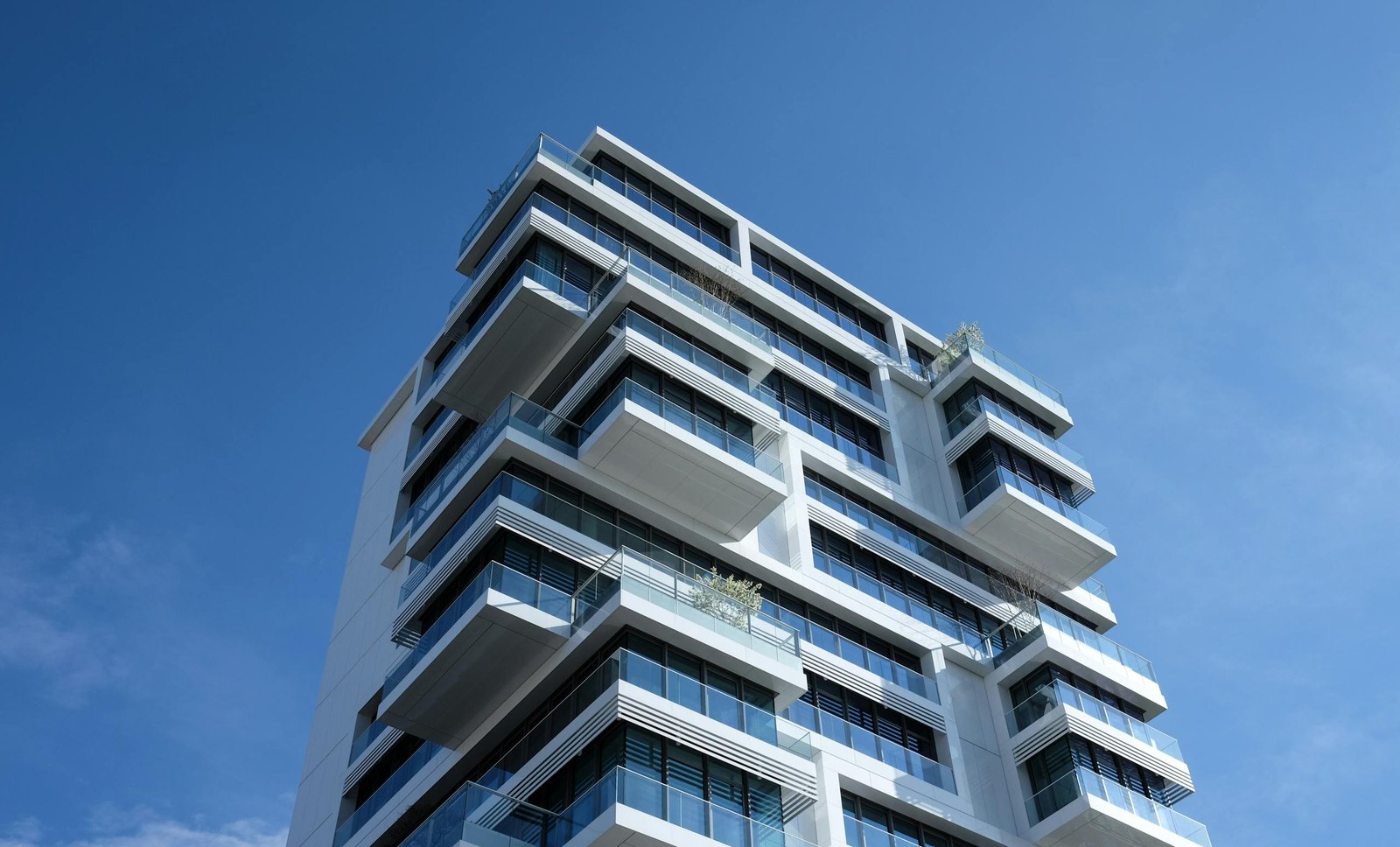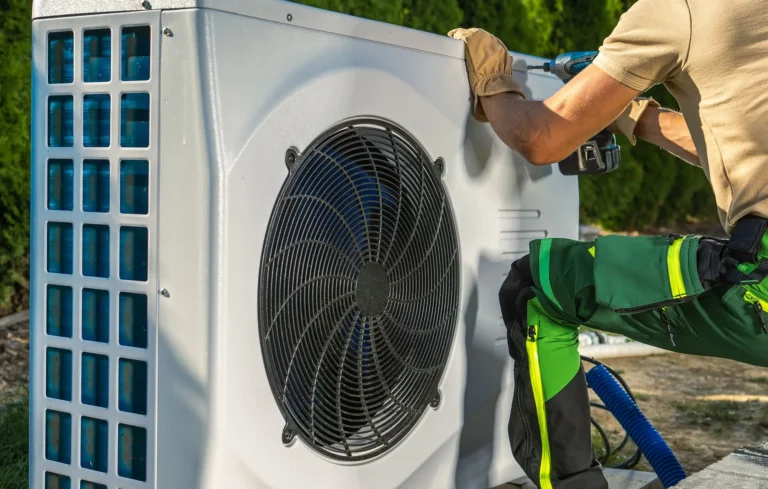Commercial buildings present unique challenges regarding roofing, requiring solutions that balance durability, functionality, and aesthetics. The roof of a commercial structure must withstand heavy foot traffic, varied weather conditions, and the demands of different building uses. Roofing contractors from Roofs For Life, Inc. of Zephyrhills play a pivotal role in ensuring that these roofs meet the specific needs of businesses, providing services that range from installation and maintenance to repairs and inspections. We will explore the multifaceted role of roofing contractors in commercial building roofing projects, highlighting how their involvement is essential for the longevity and performance of commercial roofs.
Role of roofing contractors in commercial building
- Planning and Design Consultation
The foundation of any successful commercial roofing project begins with meticulous planning and design consultation. Roofing contractors work closely with building owners, architects, and engineers to understand the specific requirements of the structure. This collaboration ensures that the chosen roofing system aligns with the building’s purpose, architectural style, and local climate conditions. Contractors assess load-bearing capacity, drainage needs, and energy efficiency to recommend suitable roofing materials and designs.
During the planning phase, contractors also consider the building’s existing infrastructure, identifying potential challenges that could impact the roofing project. For instance, older buildings might require reinforced structures to support new roofing materials, while modern constructions may benefit from advanced roofing technologies that enhance performance. By providing comprehensive design consultations, roofing contractors help lay the groundwork for a functional and aesthetically pleasing roofing system.
- Material Selection and Procurement
Selecting the right roofing materials is crucial for the success of commercial roofing projects. Roofing contractors are key in advising on durable and performable material options for commercial applications. Common materials used in commercial roofing include single-ply membranes, built-up roofing (BUR), modified bitumen, and metal roofing systems. Each material has benefits and suitability depending on the building’s specific needs and environmental factors.
Contractors evaluate the pros and cons of each material, considering factors such as cost, lifespan, maintenance requirements, and resistance to weather elements. They also ensure that the chosen materials comply with local building codes and industry standards. By managing the procurement process, roofing contractors guarantee that high-quality materials are sourced efficiently, reducing delays and ensuring the project stays within budget.
- Installation and Project Management
The installation phase of a commercial roofing project demands precision and coordination. Roofing contractors oversee the installation process, ensuring each step is executed correctly and efficiently. This involves coordinating with tradespeople, managing timelines, and strictly following safety protocols. Contractors are also responsible for preparing the site, including removing old roofing materials, repairing underlying structures, and ensuring the surface is clean and ready for the new roof.
During installation, contractors implement the chosen roofing system with attention to detail, ensuring that seams are properly sealed, flashings are securely installed, and drainage systems are correctly positioned. Effective project management by roofing contractors minimizes disruptions to the business operations within the commercial building, allowing the project to proceed smoothly and within the scheduled timeframe. Their ability to manage complex logistics is essential for completing large-scale roofing projects.
- Quality Assurance and Compliance
Ensuring the quality and compliance of a commercial roof is another critical responsibility of roofing contractors. They conduct thorough inspections throughout the installation to verify that the work meets the highest quality standards and adheres to all relevant building codes and regulations. Contractors use industry-standard practices to test the roofing system’s integrity, checking for proper adhesion, insulation, and waterproofing.
In addition to compliance with local codes, contractors ensure that the roofing system meets the specific performance criteria required by the commercial building. This might include fire resistance, energy efficiency ratings, and wind uplift or hail damage resistance. By maintaining rigorous quality assurance protocols, roofing contractors help ensure that the commercial roof performs well and provides long-term protection for the building and its occupants.
- Maintenance and Preventative Care
Once the commercial roof is installed, ongoing maintenance is essential to prolong its lifespan and ensure optimal performance. Roofing contractors offer maintenance services, including regular inspections, cleaning, and minor repairs to address wear and tear. Preventative care is a proactive approach that helps identify potential issues before they escalate into major problems, such as leaks or structural damage.
Contractors educate building owners on proper roof maintenance practices, including keeping the roof clear of debris, ensuring gutters and drainage systems function correctly, and promptly addressing minor repairs. By providing these maintenance services, roofing contractors help commercial buildings avoid costly repairs and extend the life of their roofing systems, ensuring that the roof continues to protect the building effectively over time.
- Emergency Repairs and Storm Response
Severe weather events can cause significant damage to commercial roofs, necessitating prompt and efficient repairs. Roofing contractors play a crucial role in emergency response situations, providing immediate assistance to restore the roof’s integrity and prevent further damage. Their ability to respond quickly and effectively is vital for minimizing the impact of storm damage on commercial buildings.
Contractors are equipped with the tools and knowledge to assess the extent of the damage, secure the roof, and implement necessary repairs to ensure the building remains protected. This might include patching leaks, replacing damaged materials, and reinforcing vulnerable areas to withstand future storms. By offering reliable emergency repair services, roofing contractors help businesses recover swiftly and maintain continuity in their operations despite adverse weather conditions.
- Cost Management and Budgeting
Another important aspect of a roofing contractor’s role is managing the costs associated with commercial roofing projects. Contractors provide detailed estimates that outline the costs of materials, labor, and any additional services required for the project. They work with building owners to develop a budget that aligns with their financial constraints while ensuring that the roofing system meets the necessary quality and performance standards.
Roofing contractors also help identify cost-saving opportunities without compromising on quality. This might include recommending more affordable materials with durability and performance or streamlining the installation process to reduce labor costs. By effectively managing costs and budgeting, contractors ensure that commercial roofing projects are completed within financial parameters, providing value for investment while delivering high-quality results.
Roofing contractors are indispensable in commercial building roofing projects, providing a wide range of services that ensure roofs are durable, functional, and aesthetically pleasing. From planning and material selection to installation, maintenance, and emergency repairs, their comprehensive involvement guarantees the success and longevity of commercial roofs. We will explore how roofing contractors contribute to each phase of the roofing process, emphasizing their role in protecting commercial properties from the elements and enhancing their overall performance. By partnering with a professional roofing contractor, businesses can secure a reliable and efficient roofing solution that supports their operations and safeguards their investment for years.






